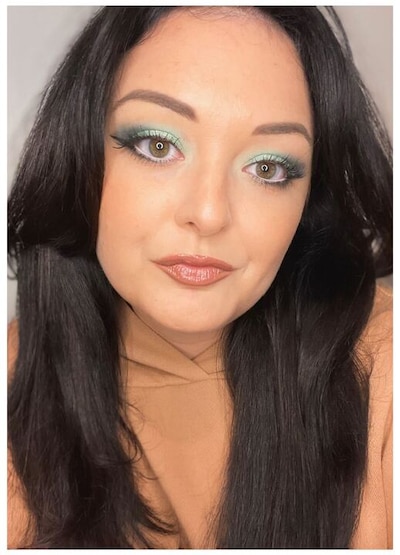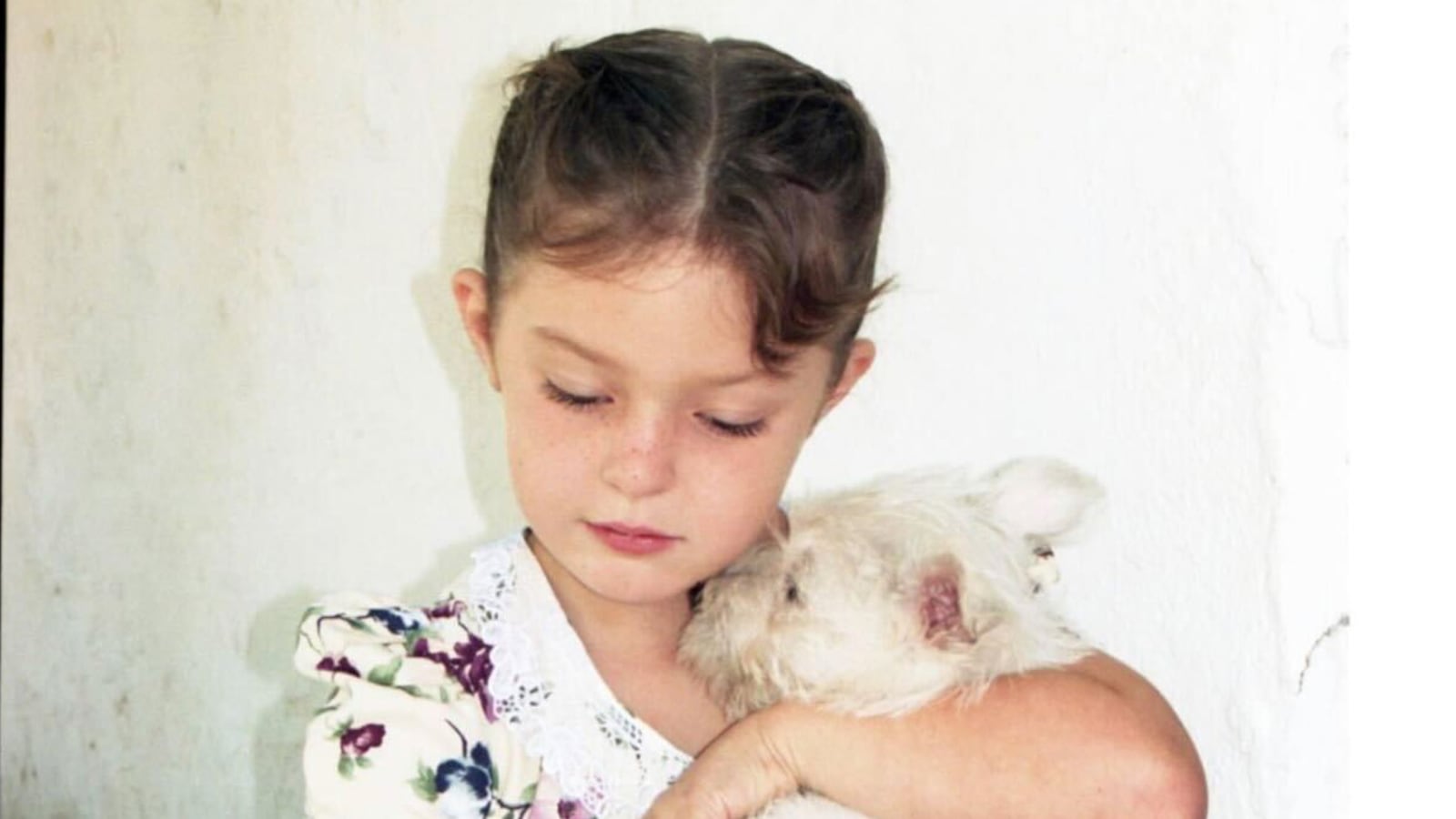My earliest memory is of an adult hurting me in an unspeakable way.
For decades, pieces of the memory would sneak into the forefront of my mind from my subconscious. I spent a lot of time running away from the flashbacks, trying to keep them from becoming a reality. And yet, the abuse bled into almost every aspect of my life.

The sexual abuse I suffered at ages 3 and 4 impacted my childhood, my education, and my development in ways I am only now coming to understand three decades later.
I acted out as a cry for help in school. I had trouble focusing in class. Trauma-induced memory loss made me a poor test-taker. Executive dysfunction caused me to put off assignments. Post Traumatic Stress Disorder meant I was easily overstimulated in crowded settings. I didn’t trust any adults, especially those who held authority over me, like teachers. My self-esteem was shattered, and I had trouble connecting with other kids.
I exhibited all the telltale signs of a child in pain who needed extra support, but no adults heeded the call. Instead, I was punished for behavioral issues. I was made to feel like I was a “bad” kid, which exacerbated the feelings of guilt and shame that stemmed from the abuse.
After I was assaulted by an adult during a school activity at 15, my cries for help got louder. I self-harmed, had suicidal ideation, and developed a substance abuse disorder while still in high school.
No adults ever took the time to ask what was behind my surface-level behavioral issues, like acting out in class or not pushing myself academically, throughout my childhood and adolescence, despite best practices and what research tells us about kids who “act up.”
Because I never received any kind of trauma therapy or services as a kid, issues that could have and should have been addressed as early as pre-K, followed me into adulthood and were exacerbated by the intimate partner violence I survived in my early 20’s.
I became a journalist in part to help protect the vulnerable — especially children — from systemic injustice and the people in power who hurt them.
As I join the team at Chalkbeat Detroit as a reporter covering K-12 education in Michigan, I want our readers and the community to know I am here to be a watchdog for children and families. I will be a safe adult who will listen and believe children who are suffering. Because I know what it feels like to be a child in pain.
As the number of children experiencing trauma and mental health issues in America grows, those issues are becoming more a part of covering education. We are becoming more aware as a society and as journalists that children can’t learn if their basic needs aren’t being met.
Trauma can impact children’s bodies physiologically and alter their brains. Adverse childhood experiences can negatively affect overall health for a lifetime.
Around two-thirds of U.S. children will experience trauma such as abuse, neglect, homelessness, loss of a loved one, serious illness, domestic violence, or gun violence by age 16, according to a 2007 study.
In Michigan and Detroit, the way trauma impacts learning cannot be overlooked. The region’s long history of poverty and racism contributes to childhood stressors and kids experiencing trauma.
Seven out of 10 adults in Michigan reported adverse childhood experiences, according to a 2019 Centers for Disease Control and Prevention report.
Ninety percent of educators in the Detroit Public Schools Community District surveyed in 2019 said more than half of their students were impacted by trauma that hurt their ability to learn in the classroom.
The collective trauma of the pandemic in Detroit exposed many more kids to poverty, death and grief, food insecurity, as well as mental and physical health issues.
Behind those statistics are real children who are hurting in ways we can’t possibly measure. There are teachers and schools who aren’t equipped to meet their needs. There are policies in place that allow the cycle to continue.
As reporters covering these issues, we can bring awareness to these realities and, in some cases, prompt change. I am fortunate to be here to do this work.
I made a choice to embrace healing through therapy, psychiatry, and sobriety after years of powering through the pain until I hit a wall and I couldn’t anymore. I faced my worst fear and confronted my first memory.
After years of work, I am fully functioning in a healthy and sustainable way. Though I will always have to live with the impacts of the abuse, I have learned how to thrive and love myself. And I make the trauma serve a purpose because I want it to.
Hannah Dellinger is a reporter for Chalkbeat Detroit covering K-12 education. Contact Hannah at hdellinger@chalkbeat.org.

